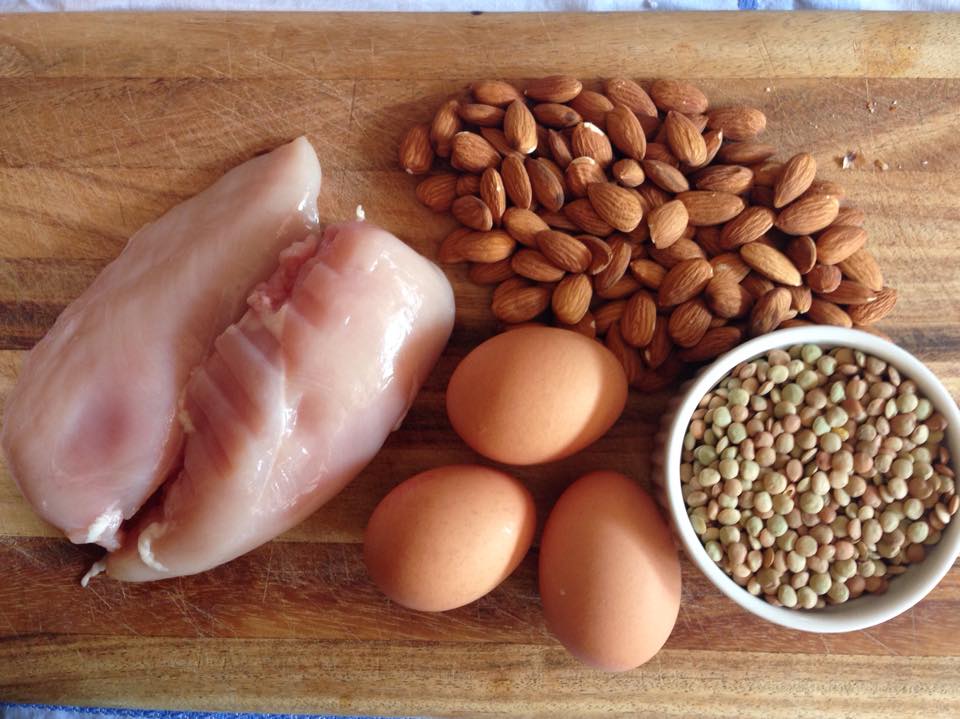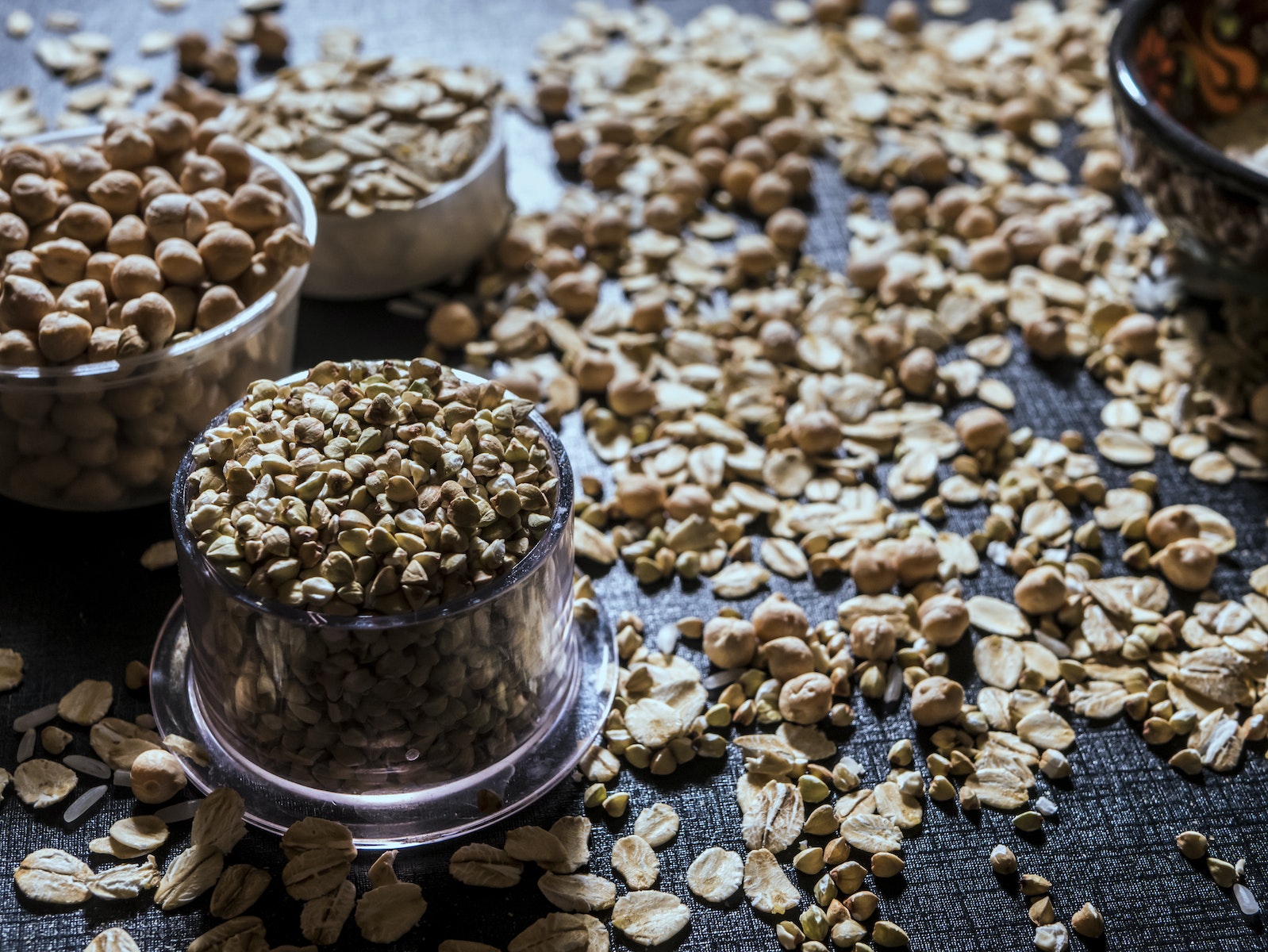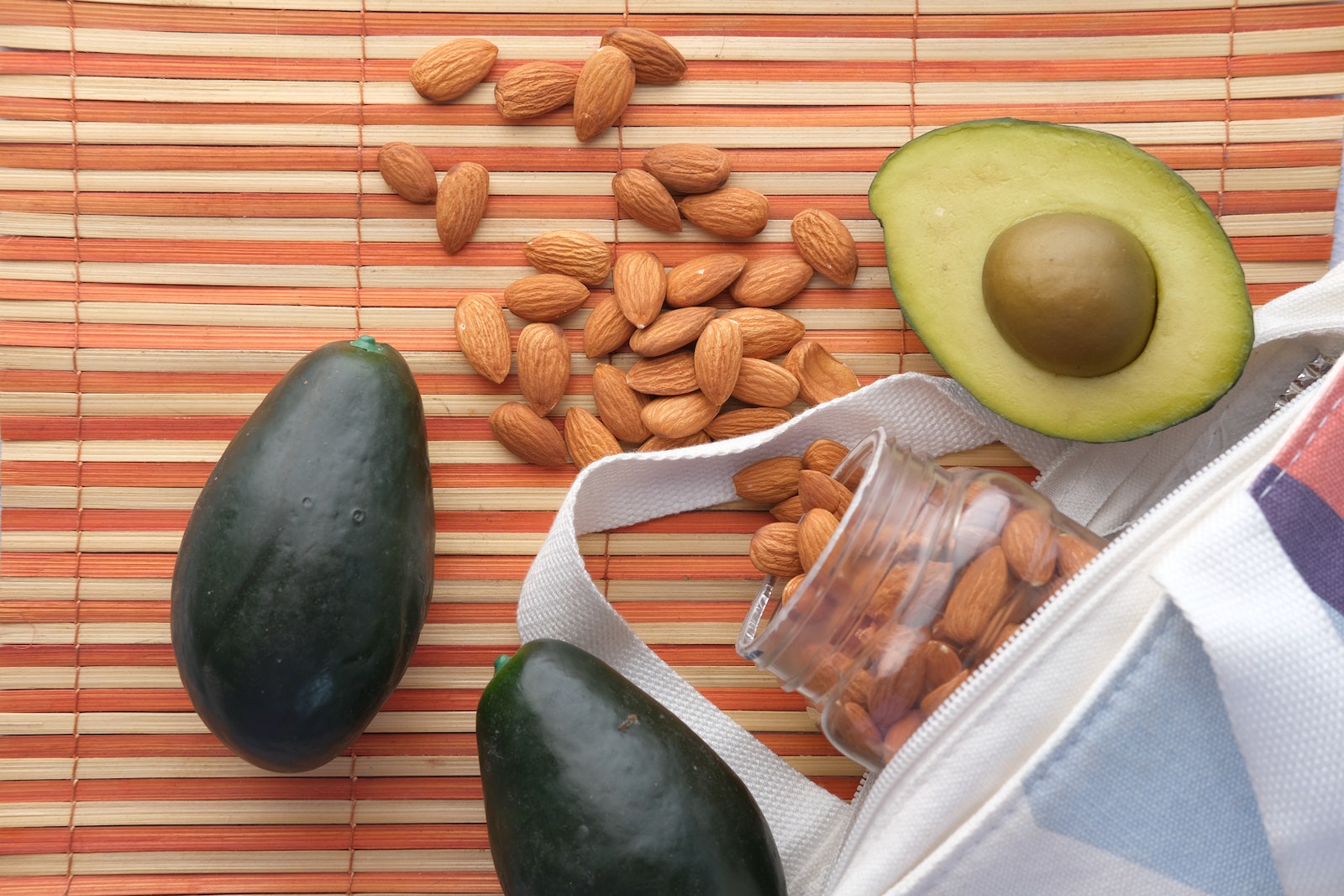The Brewer Diet, developed by Dr. Thomas Brewer, is a nutritional plan designed specifically for pregnant women to prevent pregnancy-related complications such as preeclampsia and eclampsia. This low-carb diet focuses on incorporating nutrient-dense foods, providing expectant mothers with a daily intake of 2,600 calories, 80-120 grams of protein, salt-to-taste, green vegetables, whole grains, fats, and vitamin-rich foods. By following the Brewer Diet, women can promote a healthy pregnancy, support the growth and development of their baby, and potentially avoid various complications.
At the core of this diet lies the concept of blood volume expansion, which is crucial for maintaining the health of both the mother and the baby. Adhering to the guidelines of the Brewer Diet allows for the necessary increase in blood volume that occurs during pregnancy, ultimately contributing to a smoother and safer gestational period. The diet is not only beneficial in preventing complications but is also considered a useful tool in treating existing pregnancy-related issues.
In order to follow the Brewer Diet effectively, it is essential for pregnant women to utilize a dietary checklist and sample menu to ensure they are meeting their nutritional requirements. By incorporating a variety of nutrient-rich whole foods, expectant mothers can support their body during this critical time and pave the way for a healthy and complication-free pregnancy.
Reader's Roadmap
Brewer Diet Overview
The Brewer Diet is a nutritional plan developed by Dr. Tom Brewer, focusing on promoting optimal health for both mother and baby during pregnancy. This diet emphasizes the consumption of whole, nutrient-dense foods and aims to maintain a healthy balance of essential nutrients required for pregnant women and their developing babies.
At the core of the Brewer Diet is a daily intake of 2600 calories, consisting of 80-120 grams of protein, salt-to-taste, green vegetables, whole grains, fats, and vitamin-rich foods. Dr. Brewer’s nutritional recommendations are built around 14 food groups, ensuring a well-rounded and balanced diet during pregnancy.
One of the key principles of the diet is to “eat to appetite, drink to thirst, and salt to taste.” This allows pregnant women to listen to their body’s natural signals, ensuring they consume the right amount of nutrients for their individual needs. The diet also encourages unrestricted weight gain, recognizing that each person’s pregnancy journey is unique.
The Brewer Diet has been widely praised for its benefits in preventing pregnancy complications such as pre-eclampsia, HELLP syndrome, and intrauterine growth restriction (IUGR). Ensuring an adequate intake of high-quality protein, vitamins, and minerals can significantly reduce the risk of such complications, leading to healthier pregnancies and babies.
Importance During Pregnancy
The Brewer Diet, developed by Dr. Tom Brewer, emphasizes the significance of proper nutrition during pregnancy to support a healthy mother and baby. This diet is particularly crucial when it comes to preventing complications such as pre-eclampsia and eclampsia, which can be life-threatening for both the mother and the baby.
One essential aspect of the Brewer Diet is its emphasis on sufficient protein intake, with a recommendation of 80-120 grams per day. Adequate protein consumption during pregnancy ensures proper fetal growth and development, as well as supports the mother’s overall health. Additionally, the diet calls for 2600 calories per day, which helps provide the energy necessary for both the mother and the baby.
Another critical component of the Brewer Diet is the consumption of green vegetables. These nutrient-dense foods supply pregnant women with essential vitamins and minerals, such as folic acid and iron, which are vital for the healthy development of the placenta and the prevention of anemia.
With regards to sodium intake, the Brewer Diet encourages an approach of “salt to taste”. This helps ensure that pregnant women retain a healthy balance of fluids, which then promotes proper blood volume, mitigating the risk of complications like abruption of the placenta or premature labor.
In summary, the Brewer Diet’s emphasis on adequate protein consumption, nutrient-rich foods, and appropriate sodium intake plays a crucial role in promoting a healthy pregnancy. By carefully adhering to its guidelines, pregnant women can significantly reduce the risks associated with complications such as pre-eclampsia, eclampsia, and premature labor, ultimately contributing to the wellbeing of both the mother and the baby.
Guide to Healthy Eating
Proteins
Protein is an essential nutrient required for building and maintaining healthy body tissues. The Brewer Diet recommends consuming 80-120 grams of protein daily. Foods high in protein include lean meats, poultry, fish, eggs, and plant-based sources such as beans, lentils, and tofu.
Whole Grains
Whole grains are an important part of a healthy diet, providing essential nutrients and fiber for good digestive health. The Brewer Diet emphasizes the consumption of whole-grain foods such as brown rice, whole wheat bread, and quinoa. Consuming a variety of whole grains can help ensure that you obtain a wide range of nutrients, including vitamins, minerals, and antioxidants.
Fats
Healthy fats, such as those found in olive oil, almonds, and avocados, play an essential role in various bodily functions and provide a good source of energy. The Brewer Diet encourages the inclusion of healthy fats in your daily meals, choosing options like nuts, fatty fish, avocados, and seeds over unhealthy saturated fats found in processed foods.
Dairy Products
Dairy products, such as milk, cheese, and yogurt, provide essential nutrients like calcium, vitamin D, and protein. Greek yogurt is often recommended as a protein-rich option that also contains beneficial bacteria for gut health. In the Brewer Diet, moderation is key when consuming dairy products, and low-fat or non-fat options should be chosen over full-fat versions.
Green Vegetables
Green vegetables are a vital component of a healthy diet, offering a plethora of vitamins and minerals that promote overall health. Nutrient-dense options such as spinach and kale should be included in your daily meals. The Brewer Diet encourages a diverse intake of green vegetables to ensure that you receive a variety of beneficial nutrients.
Fruits

Fruits are an essential part of a balanced diet, providing natural sugars, fiber, vitamins, and antioxidants. The Brewer Diet promotes the inclusion of a wide range of colorful fruits in your daily meal plan. Opt for whole fruits over fruit juices or prepackaged options, as they provide more nutritional benefits and help moderate sugar intake.
Understanding Brewer Diet Content
The Brewer Diet is a meal plan developed by Dr. Tom Brewer, designed to promote optimal health for both mother and baby during pregnancy. Its primary focus is on consuming whole, nutrient-dense foods, with an emphasis on protein and salt intake to support blood volume expansion.
A typical Brewer Diet consists of 2600 calories per day, 80-120 grams of protein, and salt to taste. It is essential to include green vegetables, whole grains, healthy fats, and vitamin-rich foods in daily meals. The diet plan encourages eating a variety of protein sources, such as tofu, turkey, tuna, and peanut butter, which are rich in essential amino acids.
One of the significant aspects of the Brewer Diet is its focus on blood volume expansion. When adequately nourished, a pregnant mother will produce an additional 50% of plasma (blood) by about 30 weeks gestation. This increase in blood volume is crucial for the health and nutrient supply of the growing baby.
While following the Brewer Diet, it is generally unnecessary to take supplements as the meal plan is designed to provide all the required nutrients naturally. However, certain situations may necessitate additional supplementation, such as pre-existing deficiencies or specific health conditions. Expecting mothers should consult their healthcare providers before starting any new supplements.
Online resources, such as articles and links, can provide guidance and support for those looking to incorporate the Brewer Diet into their daily routine. By understanding the principles and content of this nutrient-rich diet plan, expecting mothers can make informed decisions about their prenatal nutrition and develop a well-rounded meal plan for a healthy pregnancy journey.
Benefits of the Brewer Diet
Preventing Complications
The Brewer Diet focuses on providing optimal nutrition during pregnancy to help prevent complications such as anemia, preeclampsia, and gestational diabetes. By consuming 2600 calories per day, including 80-120 grams of protein, salt-to-taste, green vegetables, whole grains, fats, and vitamin-rich foods, pregnant women can maintain healthy weight gain and reduce the risk of these complications.
Optimizing Maternal Health
A well-balanced and nutrient-dense diet, as prescribed by the Brewer Diet, contributes to optimal maternal health. Incorporating a variety of food groups and essential nutrients supports the mother’s overall wellness, including improved digestion, increased energy levels, and reduced inflammation. Furthermore, adequate protein and calorie intake can help pregnant women maintain a healthy weight and sustain breastfeeding.
Promoting Healthy Baby Development
The Brewer Diet is designed to promote the healthy development of the baby during pregnancy. Providing essential nutrients and maintaining a healthy weight can support proper fetal growth and reduce the risk of low birth weight or premature birth. Additionally, appropriate nutrition during pregnancy can positively influence brain development, bone health, and overall well-being in the infant.
Potential Considerations
Vegetarian and Vegan Adaptations
When following the Brewer Diet, vegetarians and vegans may need to make some adjustments to ensure they are meeting their nutritional needs. It is important to consume adequate amounts of protein, as this diet recommends 80-120 grams per day. Vegetarians can rely on plant-based protein sources, such as beans, lentils, and quinoa, while vegans can additionally incorporate tofu and tempeh to meet their protein requirements.
Vitamin A is essential for healthy pregnancy and can be found in plant-based sources like asparagus and broccoli. However, it is typically found in the form of beta-carotene, which the body must convert to active vitamin A. Ensuring sufficient vitamin C intake can improve the conversion of beta-carotene and further support digestion.
Managing Morning Sickness
Morning sickness is a common concern among pregnant women, and the Brewer Diet may help alleviate related symptoms. By emphasizing nutrient-dense foods like green vegetables and whole grains, this meal plan can provide the essential nutrients necessary for the body to function optimally. This, in turn, may help improve digestion and reduce feelings of nausea.
It’s crucial to maintain a balanced diet, even when experiencing morning sickness. Eating smaller, more frequent meals throughout the day, along with increasing fluid intake, can help manage nausea and support digestion. Be aware of potential triggers like refined sugars and unhealthy fats, and avoid them when possible.
For individuals with gestational diabetes, adherence to the Brewer Diet may help stabilize blood sugar levels. By focusing on whole foods that are rich in nutrients, this meal plan limits processed foods and promotes optimal health throughout pregnancy.
Expert Opinions and Other Resources
Dr. Tom Brewer, the creator of the Brewer Diet, emphasized the importance of good nutrition during pregnancy. He believed that a diet rich in proteins, calories, and essential nutrients could prevent or treat various complications of pregnancy, such as metabolic toxemia of late pregnancy (MTLP), anemia, abruption of the placenta, and premature labor. His approach can be summarized as “eat to appetite, drink to thirst, and salt to taste”.
In Contra Costa County, some healthcare providers are advocates of the Brewer Diet, often incorporating it into their practice and guiding pregnant clients through the diet plan. The Bradley Method of natural childbirth, which originated in the United States, also embraces Dr. Brewer’s recommendations for prenatal nutrition.
Midwives are other valuable resources for women interested in the Brewer Diet. Many midwives assist their clients with following the diet and educate them on the benefits of good nutrition during pregnancy. The Indie Birth website is an excellent resource for pregnant women who want to learn more about the Brewer Diet and seek guidance from experienced midwives.
Overall, numerous articles, links, and resources are available to provide assistance and further information on the Brewer Diet’s principles and implementation. By leveraging these resources, pregnant women, and healthcare providers can make informed decisions regarding prenatal nutrition and ensure a healthy pregnancy outcome.
Conclusion
The Brewer Diet is a well-rounded nutritional plan that focuses on providing sufficient calories, protein, and a variety of nutrients for expecting mothers. It is designed to help prevent complications such as preeclampsia and preterm birth. Incorporating wholesome foods into the diet, like cottage cheese, chicken, rice, and brewer’s yeast, can help achieve the desired balance.
A mixture of protein-rich snacks and nutrient-dense meals can make it easier to follow the Brewer Diet. Snacks like cottage cheese and granola are excellent choices for incorporating additional protein into the diet. Mothers can also enjoy incorporating bread, potatoes, and carrots into their meals, as these provide necessary carbohydrates and energy while also helping to maintain a healthy weight gain during pregnancy.
Adding a variety of fruits and vegetables is essential for achieving optimal nutrition. For instance, oranges and strawberries are excellent sources of vitamin C, while avocados provide healthy fats and essential vitamins. Incorporating these foods into the diet can help promote overall health and wellness during pregnancy.
In conclusion, the Brewer Diet is a valuable dietary approach for expecting mothers, emphasizing the importance of a balanced diet and sufficient nutrient intake. By incorporating a range of foods like cottage cheese, chicken, rice, brewer’s yeast, bread, potatoes, carrots, granola, oranges, strawberries, and avocados, mothers can achieve a nutritious and satisfying meal plan, ultimately supporting both their health and the development of their baby.













Leave a Reply
View Comments